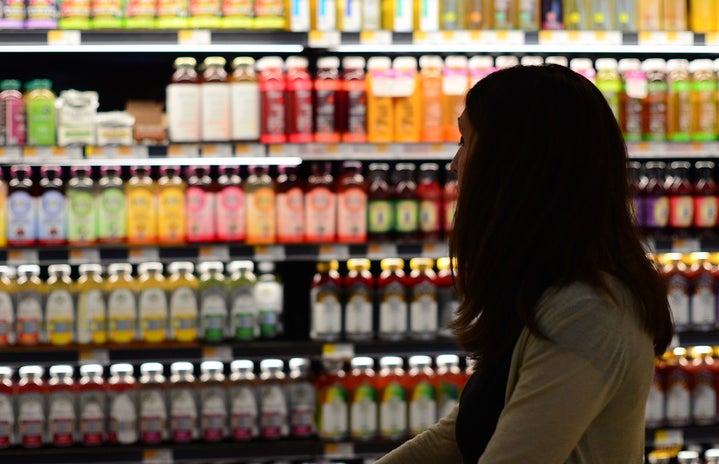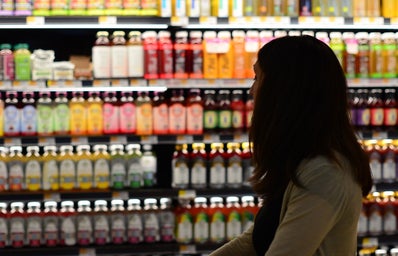I was 14 when I texted my mom from a summer camp “Don’t buy any more meat, because I won’t eat it. I’m a vegetarian now, mom”. Up to that point, my favourite food had been steak, and I loved metworst sandwiches, so my mom probably did not see that one coming. Now I have been on this road for six years, and I have no intention to turn back.
Back then, I had been wanting to cut meat off my diet for a while, but my relatives had been resisting the idea on the grounds that it would not be healthy, as I was still a child. (In truth, a vegetarian diet is no more dangerous than a ‘normal’ one, as long as it is well planned and parents ensure that children get all the vitamins and nutrients they need.) However, at the camp, I met other vegetarians and vegans, and their company encouraged me to decided to make the switch.
In the beginning, my reasons to become vegetarian were purely ethical. Interestingly, it was not the fact that the animals die that originally made me turn my back on meat, but rather the way they are treated when they are still alive. The consumption of meat has increased with economic growth in the world, and the growing demand has introduced factory farming. Thinking about the pigs who never see sunlight or chicks who never get to breath fresh air makes me sick, and I do not want to support such practices.
But my focus has changed, and these days when I am asked why, I always list the environmental reasons first. Producing meat on the scale we do know is very damaging for the planet. For example, almost half of the world’s harvest is fed to animals – those fields would be better used to grow food for humans and help reduce the food crisis! Especially beef produces an astonishing amount of greenhouse emissions, but all animal-based products are more harmful to the environment than plant-based sources of protein. Cutting down meat consumption and eating more plant-based is essential to avoid a climate catastrophe.
Economic reasons are also part of the package – meat is expensive. Especially in Finland, it is considerably cheaper to buy vegetables than meat, and I know many of my friends have started eating more plant-based just because of money. And since coming to Japan I have fallen in love with the availability and cheap prices of tofu!
I have never found being a vegetarian more restrictive, or that I’m missing out on something. On the contrary, I feel it has introduced me to a much more varied diet, as opposed to a very traditional dish of meat sauce and pasta or potatoes (something I would eat often in Finland). I also find it easier to get all the vitamins I need, as well as different sources of protein. And if someone is saying vegetarian food is tasteless, they are lying; some of the tastiest meals I’ve had have been 100% vegan.
In general, I try to eat as plant-based as possible. I say I’m a vegetarian, although a more accurate term would be pescatarian, the meaning of which fewer people know: I eat fish every now and then (a compromise me and my mom made those six years ago – she said otherwise she wouldn’t feed me anymore, heh). Furthermore, I am not opposed to the idea of wild game meat, seeing how that involves no factory farming and is argued to be better for the environment. Still, in everyday life, my diet is more or less vegan, and I’m happy to keep it that way.
Of course, everyone makes their own decisions about their diet, and these are mine. Nevertheless, I hope that especially the environmental effects of meat consumption make you consider if you could cut down meat consumption even a little bit; have one vegan day a week or even change beef to something else. You don’t need to go full vegan to save the future, the little steps count too.


